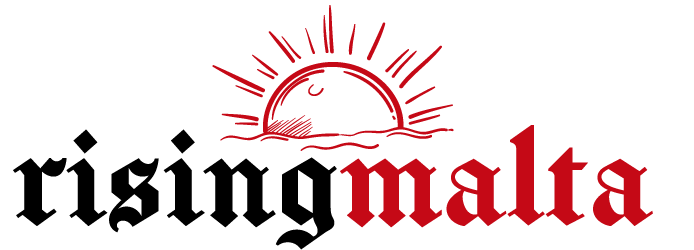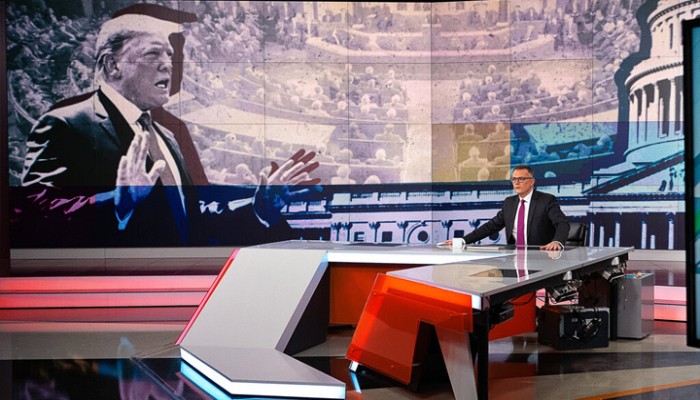
U.S. Takes Action Against Russian Election Interference
Staff Report , Published: September 5, 2024, 2:09 pm

The U.S. government has accused Russia of attempting to influence the upcoming presidential election through its state-run media, in favor of Donald Trump over Vice President Kamala Harris. Intelligence officials claim that the Kremlin sees Trump as less supportive of continued U.S. aid to Ukraine, making him a more favorable candidate. The accusations have sparked a broad effort by the U.S. to counter these interference attempts.
Attorney General Merrick Garland announced yesterday the indictment of two Russian employees of RT, Russia's state-owned broadcaster, as part of the U.S. government's takedown of a malign influence campaign named Doppelganger. This effort, which used a company in Tennessee to distribute thousands of pro-Kremlin videos on social media, has been a focal point of the ongoing conflict between the two countries over misinformation and election meddling.
The U.S. is preparing further actions, including sanctions, indictments, and the seizure of web domains that the Kremlin allegedly uses to spread propaganda and disinformation regarding Ukraine. However, Russia is not the only foreign actor involved—U.S. officials and experts have also identified Iran as a growing player in the disinformation game, threatening to further destabilize American political processes.